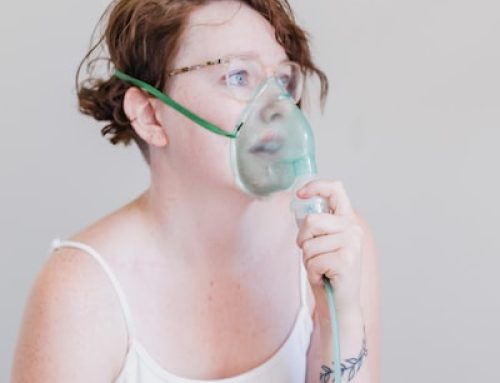Now that the winter season is ending, there is much we can learn from it about factors that impact our emotional health. In the winter, the temperatures are (generally) low, there’s less sunlight and often people are required to stay inside for longer periods of time. As a result, we can sometimes find our emotions being generally negative. One general lesson that can be learned about the winter season is that despite dealing with factors outside of our control, we can still make solid efforts to increase our positive emotions and this is where some of the skills of Dialectical Behavioral Therapy (DBT) can be helpful.
In order to reduce the negative emotions that can increase because of things that are not within our control, it is helpful to look at the typical behaviors people exhibit during the winter and how this impacts their emotional health. It is fair to say that since we are limited in our ability to withstand the cold, we tend to stay inside more in the winter as opposed to the summer. Because of this, we may be more inclined to isolate ourselves from others, watch excessive television, and decrease our interpersonal communication. All of these behaviors, over time, reinforce emotions such as sadness, boredom, and loneliness.
Looking at the behaviors we typically display in the winter season, there are two strategies under the umbrella of DBT that can be effective. Increasing positive activities is a strategy that can help people feel a balance of their positive and negative emotions. In essence, people are asked to identify activities that make them feel good (e.g. exercise, cooking, laughing) and then encouraged to make time to incorporate these activities into their daily routine. Another strategy to apply to reduce the impact of negative emotions is to act in opposition to what you are feeling. Typically when people are sad, they tend to avoid other people, stay in bed for significant periods of time, and behave in a generally lethargic manner. In order to reduce the feeling of sadness in this case, it would be recommended to do the opposite of these behaviors: engage in social activities, exercise, and spend less time being inactive.
It is common knowledge that the winter season can have an adverse impact on our emotional health. As a result, we need to use all the tools we can to increase our positive emotions during that time of year. Furthermore, we can apply this lesson in relation to dealing with anything that is out of our control. Emotional regulation skills are tools to help in these situations and they are taught in detail in the DBT Skills group provided at Specialized Therapy Associates. Should you have any interest in enrolling in the DBT Skills group, please call 201-488-6678 for details.





